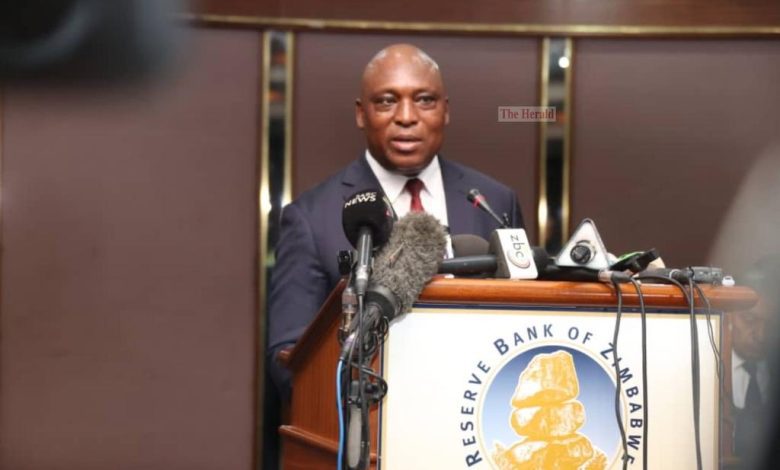‘Policy inconsistency, economic headwinds threaten govt’s 4,6% GDP projection’
FINANCE minister Mthuli Ncube’s growth projection of 4,6% is under threat from policy missteps, power outages and galloping inflation among other headwinds, stockbroker FBC Securities has warned.
The country’s economic crisis has deepened, characterised by foreign currency shortages, a rapidly depreciating local unit, runaway inflation which soared to 256,9% in July from 191,6% in June, as well as global supply disruptions as a result of the Russia’s invasion of Ukraine which began in February this year.
In the 2022 mid-term budget presented last week, Ncube revised the 2022 GDP growth projection from 5,5% to 4,6% citing various challenges which include inflation, currency volatility and significantly reduced agricultural output.
However, FBC Securities warned that even that growth projection faced major obstacles.
“While government has revised downwards its domestic economic growth projections, citing the impact of the external global environment and the local economy’s unique circumstances, we note the ongoing currency crisis, soaring inflation, policy missteps, perennial power shortages as well as reduced output from the 2021-22 agriculture season as significant downside risks to these projections,” the stockbroker cautioned.
“More so upward revision of interest rates (cost of borrowing) will immediately weigh down aggregate investment further limiting desired growth projections.”
It further noted that the biggest challenge confronting government in terms of achieving desired economic growth remained the contractionary policy stance of reducing money supply and increasing interest rates, anchoring inflation and the currency crisis.
On Ncube’s measure to increase the tax free threshold from $300 000 to $600 000 per annum, FBC Securities said although it was welcome, it would be blunted by inflation and the depreciation of the Zimbabwe dollar.
“This is a welcoming initiative to withstand prevailing circumstances in the monetary space. However, as inflation and currency devaluation persist locally, the proposed tax relief measures are likely to fall short in providing long-term relief to taxpayers,” it noted.
“We, therefore, anticipate disposable incomes to remain under pressure despite these income measures.”
The stockbroking firm also pointed out that the planned financing of the $157,5 financing gap through Treasury Bills and domestic loans would curb inflationary pressures “if pursued religiously.”
FBC Securities also noted that financing of government expenditure through open market operations has been inflationary over the years post maturities.
“The major challenge with government fiscal projects has largely been on them being developmental as opposed to be self-financing,” it said.
On the planned privatisation of State-owned enterprises, which have been heavily criticised for bleeding the fiscus, the stockbroking firm noted that this has been pending for a long time.
“Such strategic economic measures require urgent attention to ensure value creation and efficiencies thereof,” it prescribed.
FBC Securities said although the increase in the royalty rate to 5% on both platinum and lithium would boost government’s coffers, it could create rent-seeking opportunities.
“Increase of royalty rate on platinum and lithium will assist in enhancing government’s revenue generation as platinum group of metal has been a significant contributor to the country’s mineral export earnings,” the stockbroking firm said. “However, if deemed suboptimal, the measure will create rent seeking opportunities and understatement of actual proceeds.”-newsday











